Bill is a freshman.
He pulled through high school without reading assigned textbooks, so he expects the same approach to work at university.
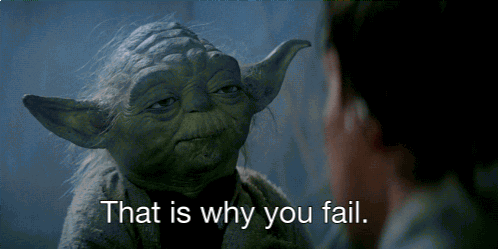
After failing a couple of assignments, Bill realizes his academic success depends on good textbook reading.
There's just one problem...
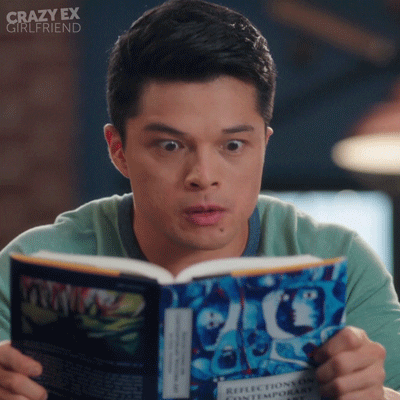
Well, maybe more than one.
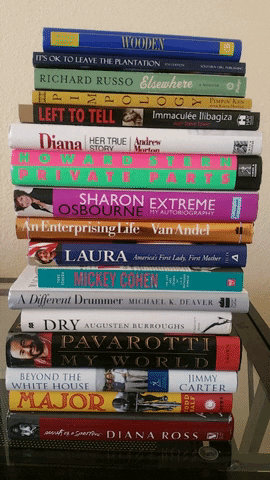
Textbooks are generally tedious and overwhelming!
Luckily, there's an easier way to get what he needs out of them!
Did you know?
Look At The Big Picture
A textbook is not like other books. Never try to read a textbook cover-to-cover.
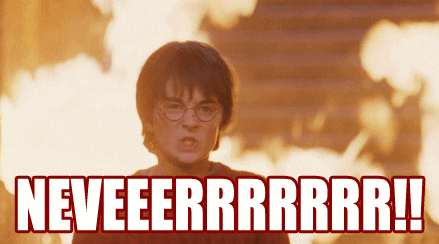
Preview the text first.
Understand the textbook layout and quickly scan chapters before you start reading to get an idea about the main concepts and ideas.
Pay attention to the following textbook features:
Headings and subtitles
Introductions
Bold words
Special interest boxes and notes
Illustrations, graphs, charts, visuals
End of chapter summaries
Review questions and practice problems
Vocabulary lists, glossaries

Start at the end - go through the chapter summary and questions at the end first to get an idea of what the chapter is about.
Assess what you already know and note any questions you have.
If you are on a digital reading platform, spend some time to get to know it better. Your e-book might have some unique features to help you study smarter.
Quiz
Sylvia is running late on a major assignment that she needs to submit in a day. The work is based entirely on textbook readings, but she does not have time to cover all the material. Which of the following is a good textbook strategy for her?
Did you know?
Read Actively
When you engage and interact with the text you're reading, you will understand and retain it better.
Try the following active strategies while reading:
Highlight text selectively.
Annotate and make notes.
Answer questions that you noted during the preview.
Read and think aloud to yourself.
Write a summary of the main ideas in your own words.
Assess your own learning by asking critical thinking questions on the material.
Monitor yourself, take a short break, move around or change location when your attention starts to drift.
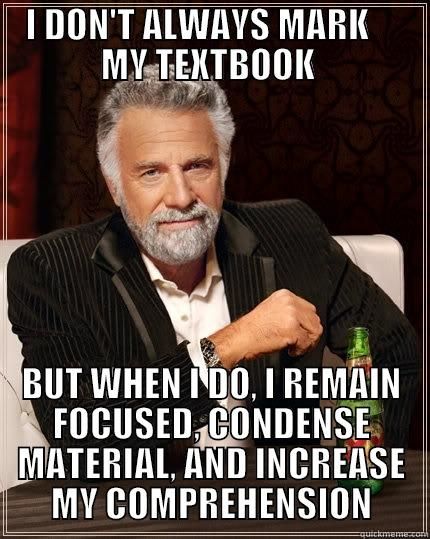
You will get there!
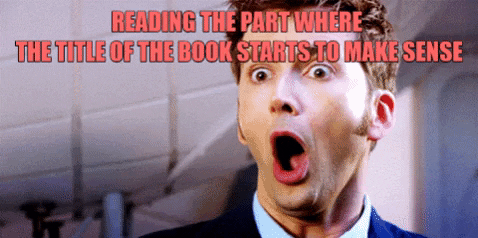
Quiz
Zaki is having a hard time studying for an upcoming Psychology test. He tries to read the textbook but keeps losing focus. Which of the following techniques will help him read more actively?
Did you know?
Reflect And Review
Now that you're done with most of your reading, try the following strategies to commit the material to your long-term memory:
Discuss key concepts with your peers.
Teach the material to someone else.
Create your own mind maps or visuals to summarize your learning.
Test yourself with self-made flashcards.
Review and improve your notes so that you don't need to go back to the textbook.
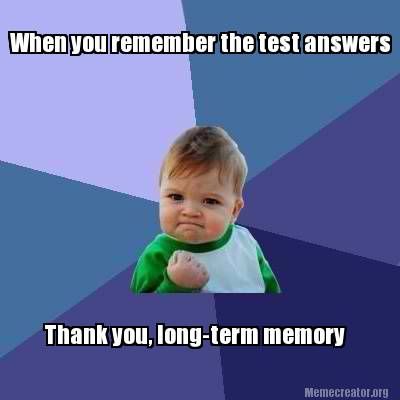
Subscribe for more quick bites of learning delivered to your inbox.
Unsubscribe anytime. No spam. 🙂
Take Action
Now that you've covered multiple ways to get what you need from textbooks:
After all...
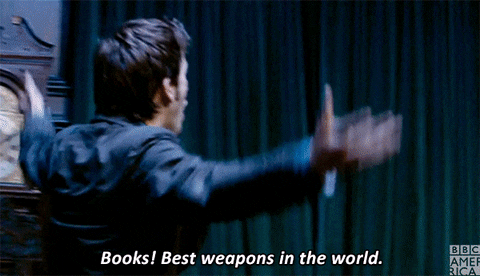
Your feedback matters to us.
This Byte helped me better understand the topic.
